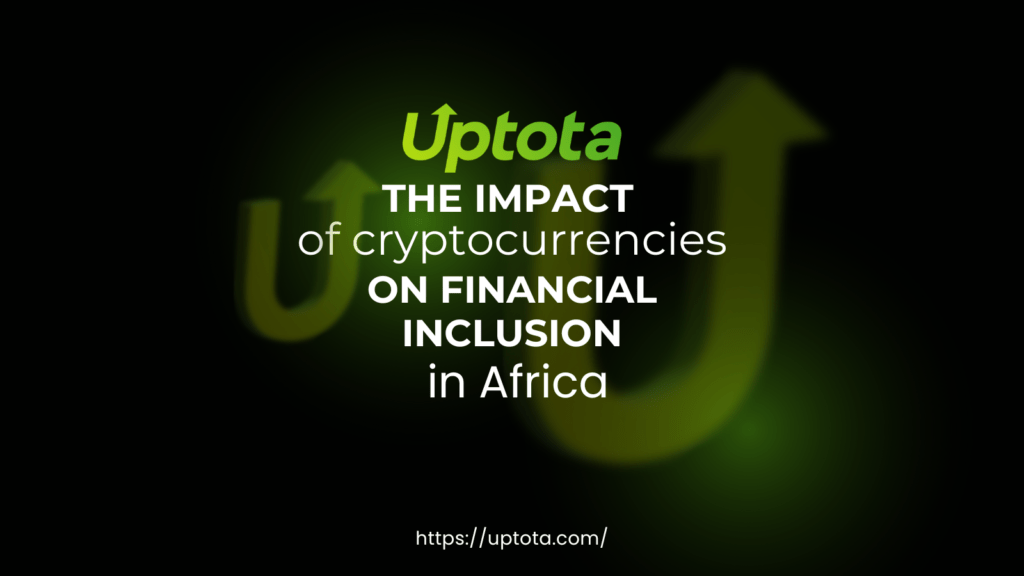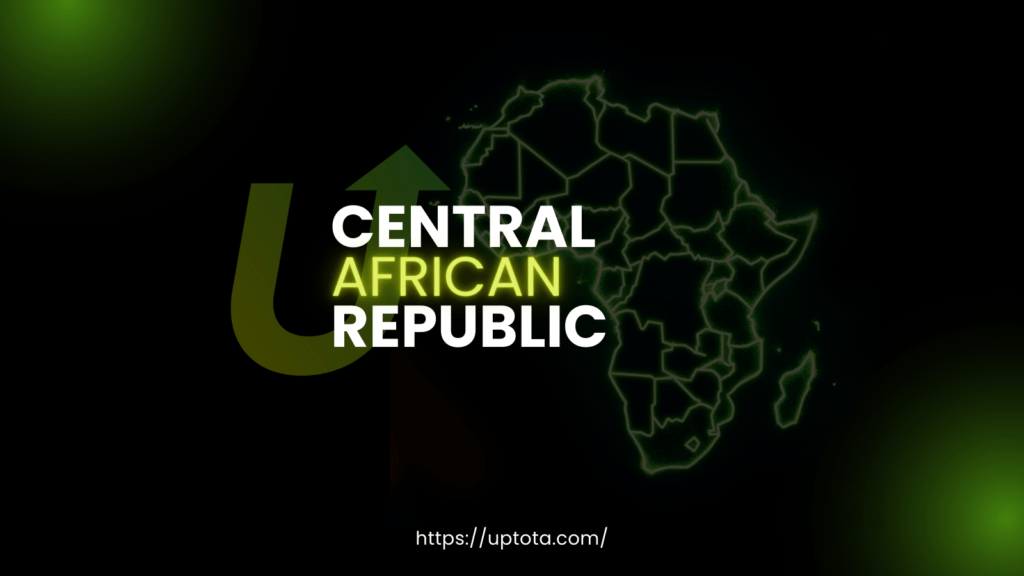In most economically strong countries, there is a good financial inclusion. But unfortunately, there are countries, as well as countries on the continent of Africa, that have a bad financial inclusion. Cryptocurrencies can have a major impact on this. In this article, we will show you exactly how cryptocurrencies can impact the financial inclusion in Africa.
How cryptocurrencies improve access to financial services
The use of financial services in Africa is limited. They’re often associated with high fees, so hardly any African citizen can afford an own bank account. Cryptocurrencies, however, improve these circumstances and enable better access to financial services.
Easy wallet creation:
Crypto allows you to create an own wallet easily. The only things you need are a device and internet access. Then you already have the option of creating a wallet without having to meet the requirements of a bank.
Low transaction costs:
Furthermore, with cryptocurrencies, you got the option of low transaction costs, which plays a major role in Africa, as many people want to send money to their families across borders, but this is hardly possible due to the high transaction costs. Crypto allows you to do that very cheap.
Transaction speed:
Faster transfers are also playing a major role, as you don’t have a bank in between where you have to pay attention to opening and processing times.
Money losing value:
Inflation is a big problem in Africa. The average consumer price inflation in Sub-Saharan Africa for example was at 9.4% during the last ten years. Bitcoin is not inflationary, investing in Bitcoin and using it is a way how people in Africa can build wealth.
Case studies and examples from different countries
A case study by chainalysis shows that 9.3% of all transactions made in Africa in the period from July 2022 to June 2023 were transactions with Bitcoin. This compares to only 8.2% in Eastern Europe, which shows very strongly that Africa wants to have more cryptocurrency acceptation.
Nigeria
Chainalysis also shows that in the Sub-Saharan region, if you compare the countries with each other, Nigeria’s crypto volume was worth almost 60-billion dollars of cryptocurrencies in the period from July 2022 to June 2023, and with that stands out very strongly. Also, Nigeria has the third-largest Bitcoin holdings in the world, measured by gross domestic product.
Egypt
Cryptocurrency trading was banned in Egypt for a while due to Islamic Sharia law. Nevertheless, cryptocurrencies were very interesting for the people living in Egypt. Currently, it is only illegal for you to trade without a license.
You can read all mentioned studies and facts here: https://www.chainalysis.com/blog/africa-cryptocurrency-adoption/
Role of centralized exchanges in promoting financial inclusion
Centralized exchanges play an important role because, unlike decentralized exchanges, they ensure the security of citizens through official regulation.
In Africa, transaction costs are high, making it difficult for people to send money to families. Even if you want to send money across borders, very high fees are charged. Centralized exchanges, on the other hand, have a low fee rate.
A big factor is also that the introduction of Bitcoin increases the likelihood that corruption in Africa can be tackled, as the transparency in transactions will improve.
Future opportunities and challenges
A lot will change in the future, and this will also be the case in Africa. In the future, the inhabitants of Africa will be able to create wallets and use them for their purchases. With Uptota they can send money to their families and friends across borders with low fees and is also user friendly designed.
So, if you want to see more about Uptota, check our website and have a look over all opportunities we offer: https://uptota.com







